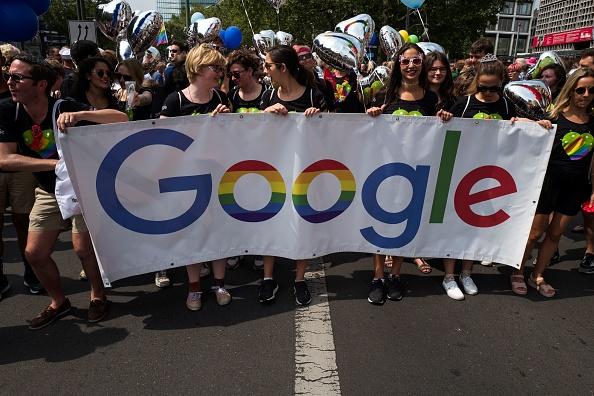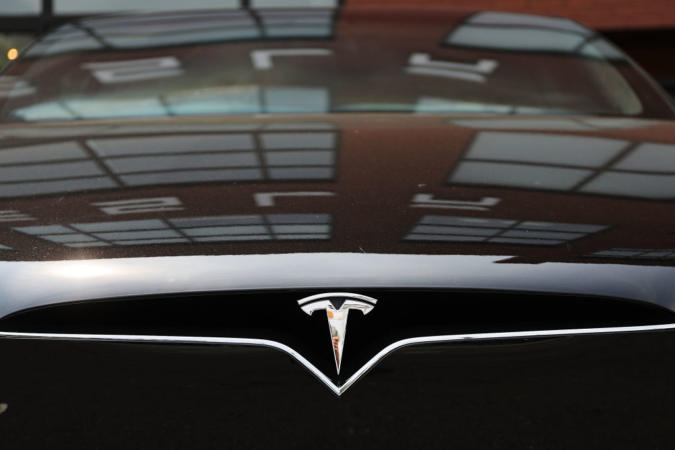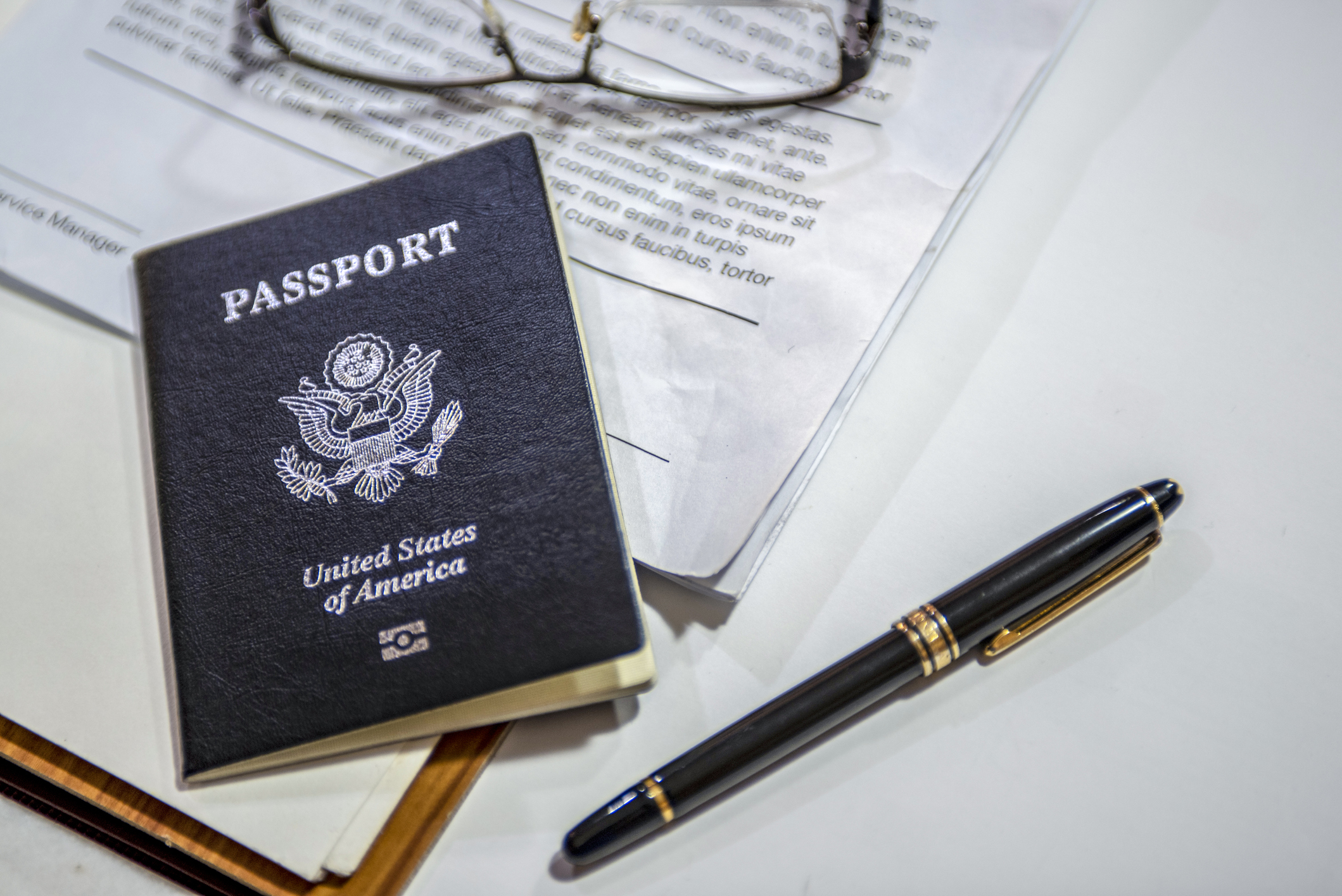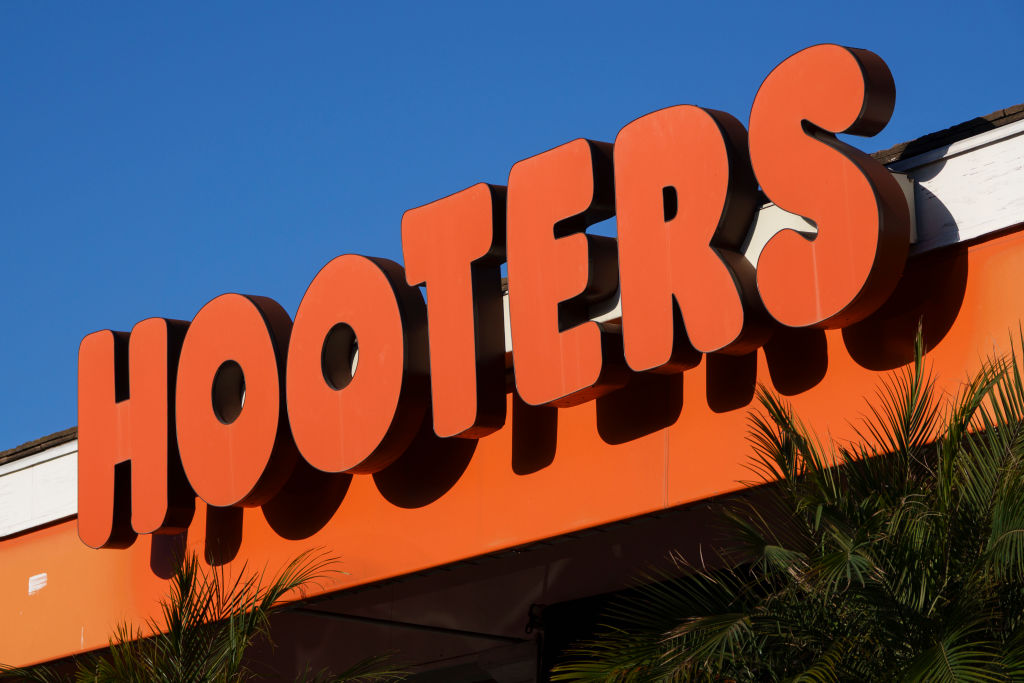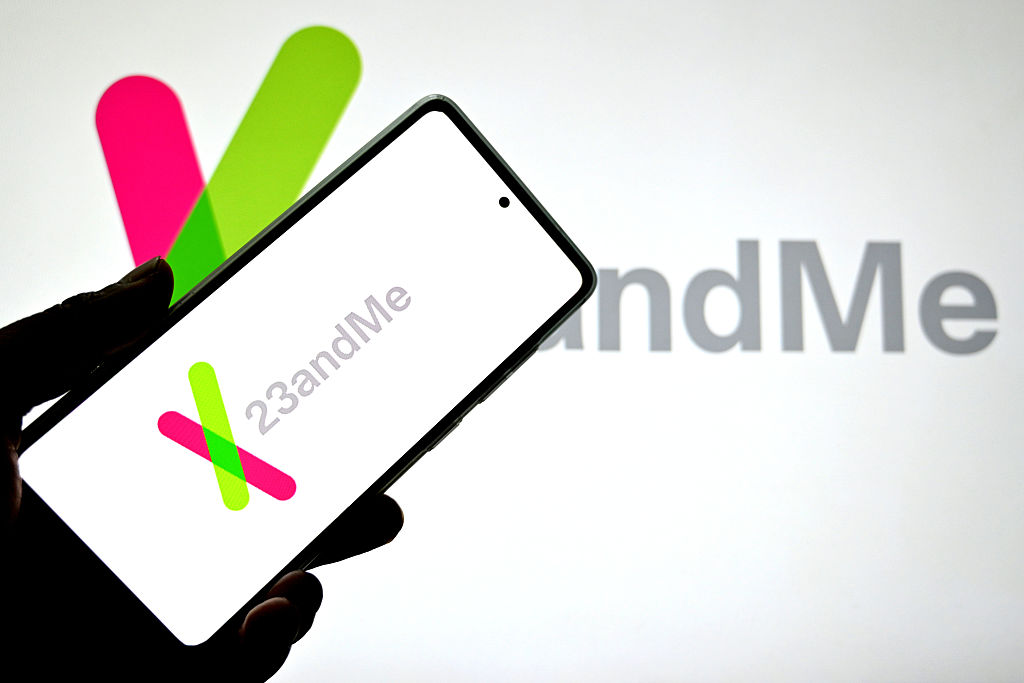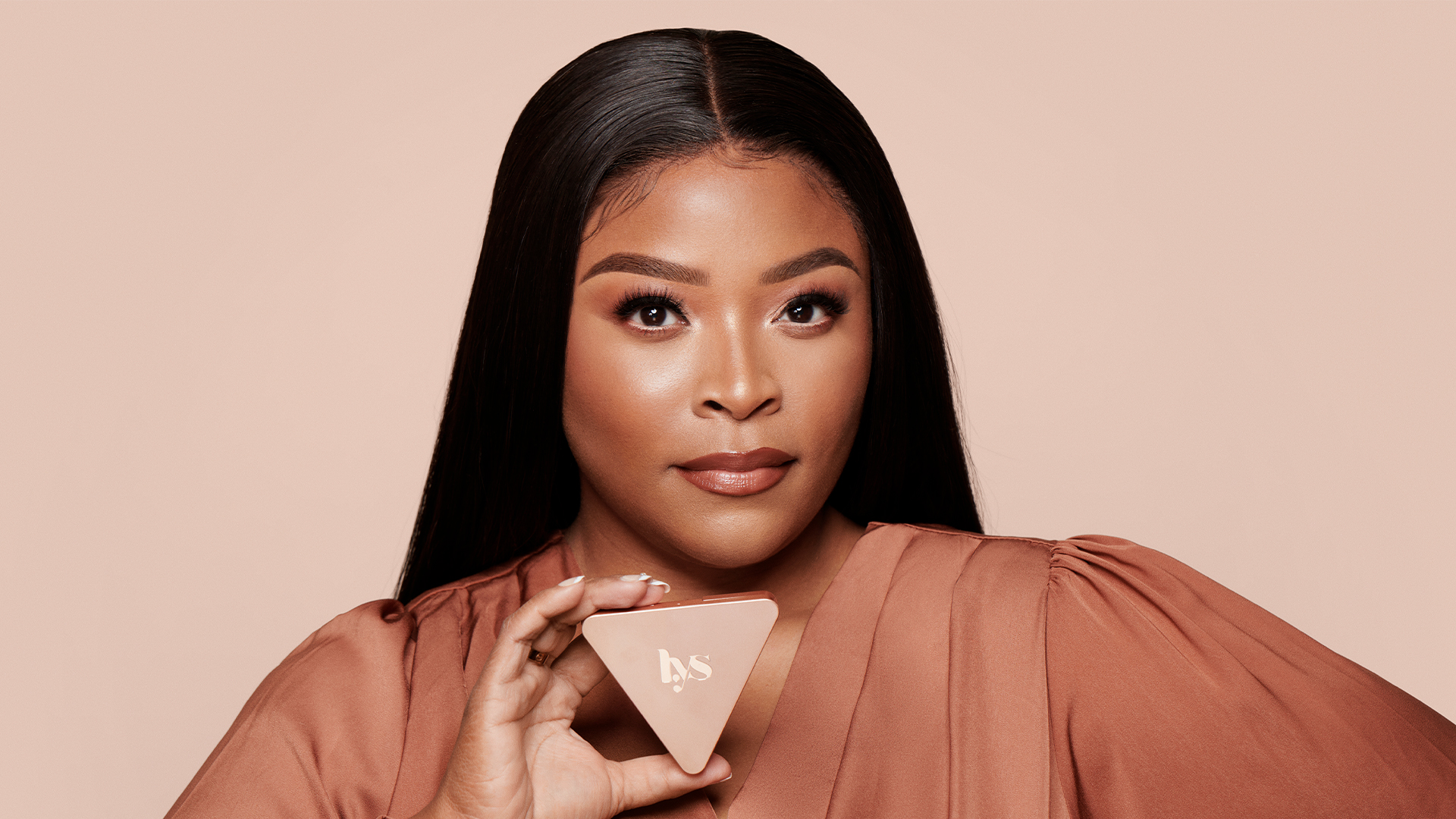Google has carefully cultivated an image for itself as a socially conscious tech company. The company even hosts an “Equal Justice Initiative” described as committed to “protecting basic human rights for the most vulnerable people in American society.” However, Google’s social responsibility through its initiatives, and history and treatment of its own marginalized employees tell two different stories.
Recently, Google told employees that Pride protests would be in direct violation of the company’s code of conduct. Employees were planning to march alongside Google while protesting YouTube following poor handling of homophobic harassment directed at Vox journalist, Carlos Maza. When asked if that would be allowed, an inclusion lead said, according to The Verge:
“Employees are free to make whatever statement they want personally, apart from our corporate sponsored float/contingent. But they are not permitted to leverage our platform to express a message contradictory to the one Google is expressing.”
Although Google’s warning is not surprising, it reflects the tech giant’s larger issues with LGBTQ employees and organizing as a whole. Despite Google trying to represent itself as socially conscious, the company has lashed out at employees who organized before. Two employees who organized a November walkout to protest sexual harassment in the company claimed that Google retaliated against them in April. However, this is deeply ironic — considering how Google talks about free speech.
YouTube — whose parent company is Google — lauds itself as prioritizing free speech. That was essentially the excuse YouTube used when it refused to remove YouTuber Steven Crowder’s videos, including one in which he called Maza a “lispy queer.” The company tweeted that it was an “open platform,” so although opinions can be “deeply offensive,” they have to remain on the site.
There is a fundamental issue with proposing that dehumanizing language should be protected because it’s an “opinion.” In the United States, hate crimes rose by 17 percent across the country in 2017 — including a five percent increase in ones specifically targeting the LGBTQ community. Platforms permitting the harassment of LGBTQ people due to prioritizing “opinions” ultimately create unsafe spaces for the community. It helps embolden hateful rhetoric that has real consequences on-and-offline.
This has been seen with the rise of Islamophobic sentiments online as well. Following the Christchurch massacre that left 51 Muslims dead in New Zealand, the shooter released a manifesto where he identified popular American YouTubers as sources of inspiration.
Many have previously pointed out that YouTube makes it easy for Neo-Nazis and members of the far-right to develop a platform on its site. Not only that, but they are allowed to monetize their content. A popular way to do so is through ads and it’s worth noting that Google keeps 45 percent of all ad revenue.
Although Crowder’s account was eventually demonetized, YouTube did not lead with that decision. YouTube’s monetization issues cause one to question how motivated they and other tech companies are to address white supremacy if they are able to profit from it.
“YouTubers who use our platform and sometimes get significant revenue get to claim free speech to keep using our platform…but LGBTQ Googles get no free speech to say that Google doesn’t represent us,” a Google employee told The Verge. “That’s ironic at best, but hypocritical…specifically ironic trying to curb our speech on the 50th anniversary of the Stonewall march riots.”
Although Pride has become a large corporate affair in many cities, the first pride was an uprising. It began as a protest against the LGBTQ community’s mistreatment by police, with trans women of color —including Marsha P. Johnson and Sylvia Rivera — and Black lesbians as key players in both the initial uprising and the movement that would stem from it. Many have identified Stormé DeLarverie as throwing the first punch at Stonewall in defense against police brutality.
To silence LGBTQ community members at Pride is unacceptable, but it is made even worse when considering Stonewall’s revolutionary history. It is easy to argue that protesting YouTube — and thus Google’s — continued “free speech” claims that harm the already oppressed is far more in line with Stonewall than allowing the company to participate at all. In fact, many activists have argued that Google should be banned from San Francisco’s pride this year.
Activists pointed out that Google has had issues with LGBTQ community members before Maza’s Twitter thread. Last year, many LGBTQ YouTubers criticized the company for placing any videos that mentioned LGBTQ content in restricted mode, which is meant to filter inappropriate content.
“Google wants to have it both ways. They want to have their rainbow search page and proclaim they’re pro-LGBTQ, but when push comes to shove, they don’t make decisions that support LGBTQ YouTubers. Google is not an ally in the way they want you to think they are,” Tyler Breisacher — a former Google employee — told NBC News.
It’s not clear how Google would punish employees who went against its warning, but that doesn’t really matter. If Google is actually committed to social responsibility, the company would allow its workers to organize and express their discontent without fear of retaliation. The company would also begin to listen to those directly impacted by their policy decisions because change cannot come solely from Google’s top executives or the people it pays.
Google has been wearing a mask for quite some time, relying on its public image to help silence rightful criticism. As employees within the tech industry continue to organize, the mask is quickly beginning to crumble.
